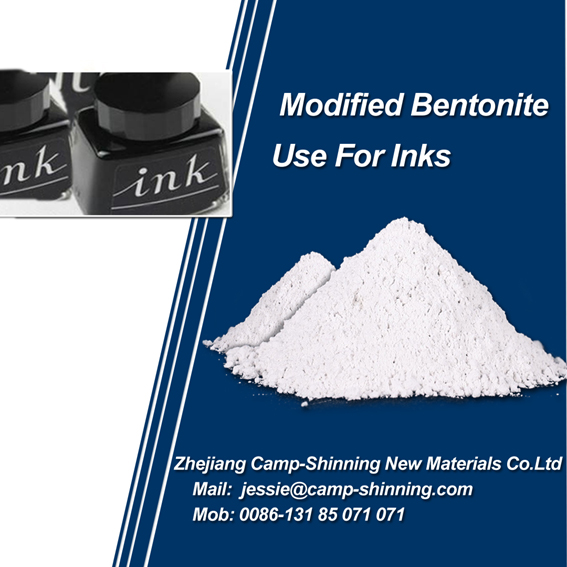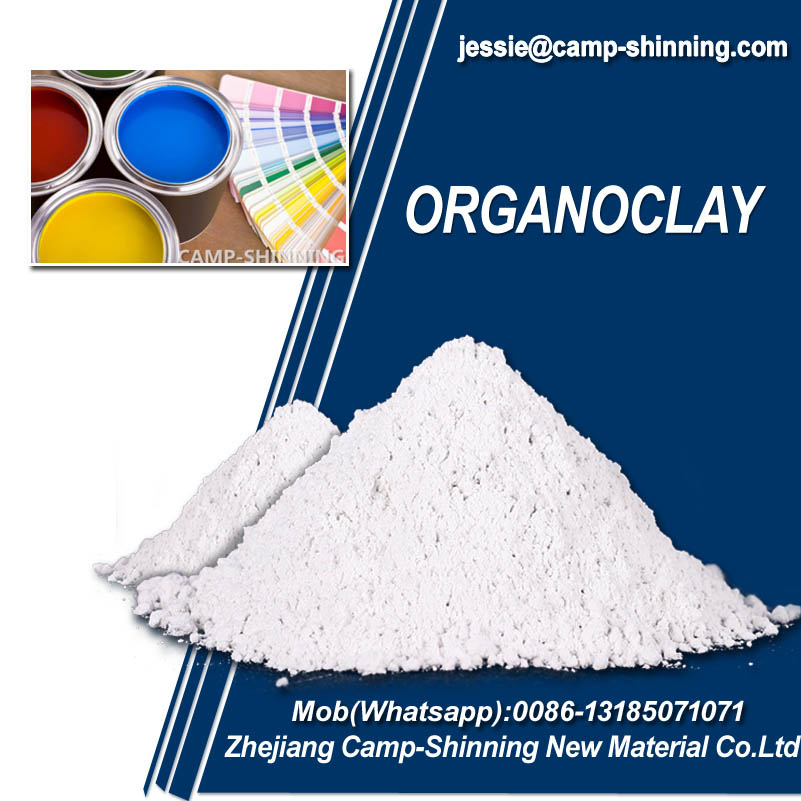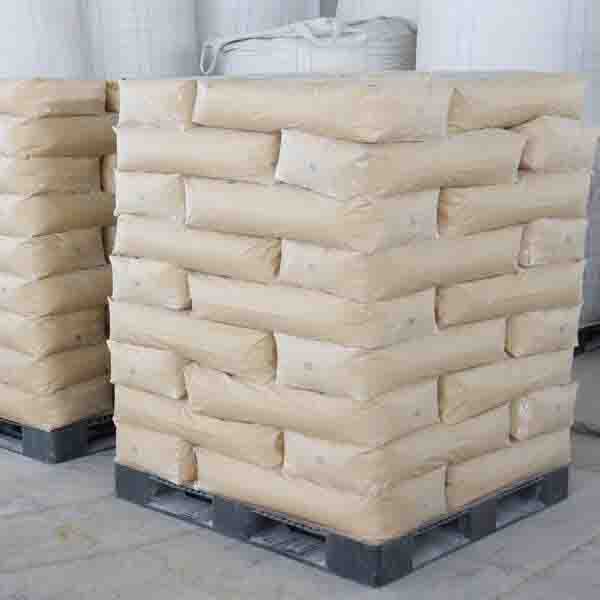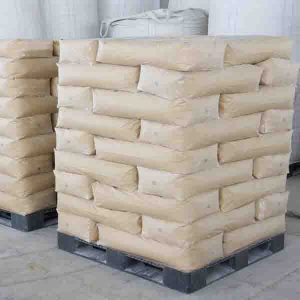Rheological Additive CP-250 is a kind of purified and modified organoclay rheological additive, designed especially for using in low to middle solvent system ink, such as planographic printing ink, New ink, gravure printing ink etc.. It has high gelling efficiency, fine thixotropy and perfect anti-settling.

Properties
Composition Organic derivative of a montmorillonite clay
Appearance Fine powder, light yellow
Moisture content (105℃,2hr) ≤3.5%
Loss on ignition (1000℃) 35%-38%
Bulk density 42g/cm3
Fineness (<74μm, %) ≥98%
Application
Organoclay can greatly enhance rheological performance in small dosage. It effects perfect prevention of pigment settling and sag resistance.Storage stability is guaranteed even in high temperatures. It also improves leveling during application and syneresis control
CP-250 is used in the following applications:
- Inks
- Wood coating
Using
Rheological Additive CP-250 When it is used in ink, no need of polar solvent, heating. It is also added while stirring. The common addition level is 0.2%-2.0% of the total formulation. It depends on the actual test of customers.
Note:With High-speed dispersant of grinding machine, and properly prolong the dispersing time, better gelatin performance can be reached..
Safety
All safety information is provided in the Material Safety Data Sheets for Zhejiang Camp-Shinning New Material Co.,Ltd..
Package
Kraft paper bag with PE liner or multi-wall paper sacks or customized. 25kg/bag or 22.68kg/bag or customized
Storage
CP-250 has a shelf life of 2 years, and should be stored in ventilated cool and dry place.
Zhejiang Camp-Shinning New Material Co.Ltd
E-MAIL: [email protected]
(TEL)(Whatsapp/Wechat): 86-13185071071
WEB: https://www.rheologicaladditive.com
We are now looking for Global Distributors for our organoclay, Welcome to cooperate with us !
⇒ You are welcome to send us an email to know the latest information about organoclay. If you are interested our rheological additive, we will send you the latest catalogue, or free samples, or even the technical guidance. There’s a big chance waiting for you.



